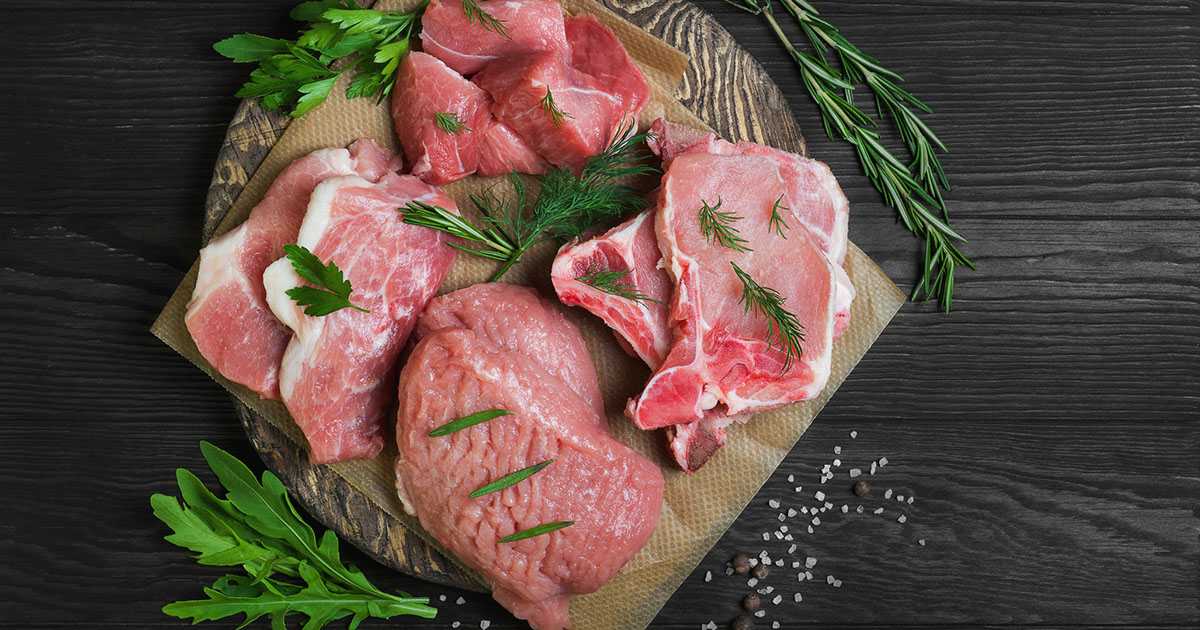Popular Protein Myths Debunked
The More Protein, The Better

Individuals who fall into the trap of thinking the more protein, the better are normally just trying to lose weight and build muscle. However, excessive protein just ends up directly overturning those goals. The human body can only use so much protein in one day. Once you hit your daily protein and calorie limits, any excess protein is converted into fat, which can end up causing weight gain if too much is consumed. You can also have problems if you are neglecting other important nutrients to eat protein. For example, a person who commits to eating three hundred grams of protein a day while not eating over 1,600 calories will end up not getting enough carbs to stay energized. If you eat an excessive amount of protein without any other nutrients, it may increase cholesterol, cause calcium loss in the bones, and damage the kidneys. In sporadic cases, a person can even suffer from protein poisoning, a type of malnutrition caused by eating excessive protein without fat or carbs.
Continue reading to debunk a myth about protein and working out.
You Need Protein After A Workout

When you first start working out, you might hear numerous people suggesting protein is necessary after a workout. The theory behind this myth is basically that the body needs protein to repair and grow muscle tissue following a workout. This misconception is so common because it is, admittedly, partially true. The human body does require protein to build muscle following a workout. However, timing is not quite as important as many individuals think. The average person already has enough protein stored in their body from previous meals to start muscle growth. Since muscle growth following a workout occurs over a long time, it is possible to use the protein from a meal several hours later to build muscle. It is more important to focus on getting the right amount in the 24-hour period surrounding your workout instead of eating a bunch in the minutes right after exercising.
Continue reading to debunk yet another protein myth.
